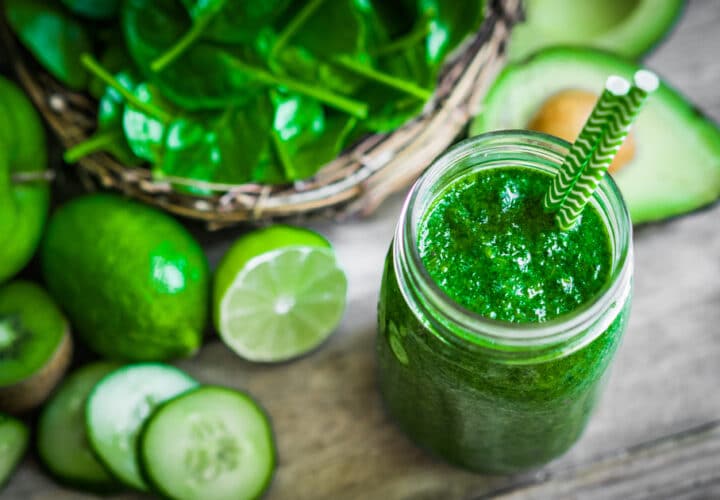Are leafy greens the key to helping preserve your brain’s youth?
A new study found that those who ate larger servings of greens like kale, spinach and lettuce had slower cognitive decline than those who ate little amounts of greens—the difference was the statistical equivalent of 11 years younger, according to researchers.
Scientists at Rush University and Tufts University followed almost 1,000 people with an average age of 81 for almost five years, tracking how many servings of leafy greens they consumed. Those who ate at least one serving showed slower rates of cognitive decline on tests of memory and thinking skills.
“Adding a daily serving of green, leafy vegetables to your diet may be a simple way to foster your brain health,” said study author Martha Clare Morris of Rush University Medical Center in Chicago. “Projections show sharp increases in the percentage of people with dementia as the oldest age groups continue to grow in number, so effective strategies to prevent dementia are critical.”
Participants were grouped into five categories based on how often they reported eating leafy vegetables. Those in the top group ate about 1.3 servings per day; those in the bottom group ate almost none.
The researchers followed up for 10 years, and the rate of decline for the top group was slower by .05 standardized units per year than those who ate the least leafy greens. On average, the group declined at a rate of .08 units per year, which was measured by thinking and memory tests.
The study has limitations—results were self-reported via a questionnaire and the study was not a randomized controlled trial, meaning there could be other factors that influence why someone who chooses to eat more servings of leafy greens might not experience cognitive decline as quickly, although the study controlled for factors like education, obesity, smoking, high blood pressure and level of physical and cognitive activity. Those who eat healthy are typically more likely to have access to health care and higher education, which evidence has shown may also prevent dementia.
“The researchers did not directly look at dementia, so we cannot say that it would delay or prevent the onset of the condition,” said James Pickett, Head of Research at the Alzheimer’s Society. “However, older people who ate one or two servings of vitamin K rich food per day performed better on memory tests than those who didn’t. In fact, their scores were similar to those of people 11 years younger, irrespective of other factors such as obesity, high blood pressure and education level.”
This study was published in the journal Neurology.



